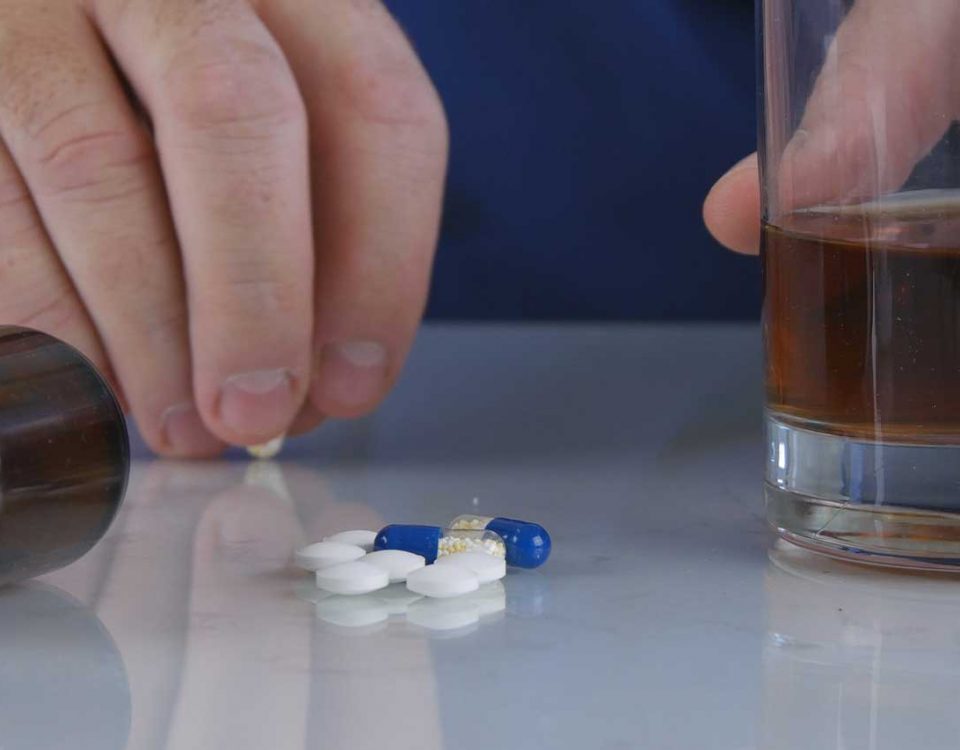Painkillers, also known as analgesics, are any medications that are prescribed to treat or reduce pain. There are three main types of painkillers: non-steroidal anti-inflammatory drugs (NSAIDs), acetaminophen, and opioids. Opioids regularly cause addiction, and people will often form a physical dependency. Why do people get addicted to painkillers if the side effects are adverse and may cause serious health complications? Addiction makes it extremely difficult for users and stopping depends on numerous factors.
How Can You Get Addicted to Painkillers?
Mostly, people who already have a genetic predisposition to addiction will quickly build a tolerance to the medications. A person can consume painkillers by taking a capsule, a pill, or via injection. Some painkillers are offered as patches or creams and ointments. Painkillers are easy to acquire since they are often prescribed to treat pain, and many can be purchased over the counter.
Addiction depends on numerous factors such as genetics or the biology of a person, the duration and frequency of dose, and consumption. A person should seek prescription pill addiction treatment to avoid long-term dependency, which negatively impacts the brain and body.
Signs Someone Is Addicted to Pain Pills
There are many side effects that follow painkiller abuse, such as excessive sweating, insomnia, fever, and nausea. Recognizing someone who is addicted to painkillers can help them receive treatment or avoid overdose. Here are signs that display an addiction to painkillers:
- A user may be tired or show a constant state of fatigue.
- An addict may complain about flu symptoms like headaches, nausea, or vomiting.
- A person may lose interest in completing activities because of low energy.
- Low testosterone and estrogen levels will affect an addict's libido levels.
- An addict who lies or avoids social interaction.
- Work ethic may become neglected as well as missing family activities.
- Abusers will continue to use regardless of experiencing negative side effects.
There are many dangers associated with painkiller abuse, and addiction can even lead to a potential overdose. An opioid epidemic during COVID-19 is an excellent example of the concerning amount of users abusing painkillers. If you want to learn how to help addicts in denial, ask a professional or do your research. Remember to come from a non-judgmental state of mind and encourage the addict to seek help.
Care at Our Chicago Addiction Treatment Center
If you or a loved one is struggling with addiction, you’re not alone. At Banyan Treatment Centers Chicago, we are here to help our patients receive the treatment plan they need to achieve their recovery goals. Our special level of care offers an outpatient rehab program as well as an addiction stabilization program. Our team of experts provides a clean and safe environment, so you are comfortable during the recovery process.
Speak to a specialist at Banyan Chicago at 888-280-4763 to learn more about our services and to get started on the path to recovery today!
Related Readings:









